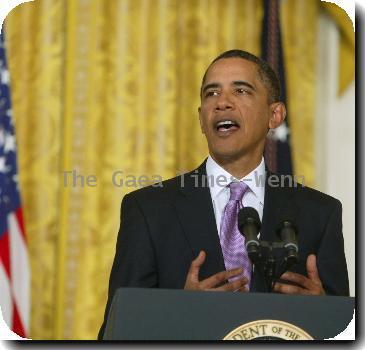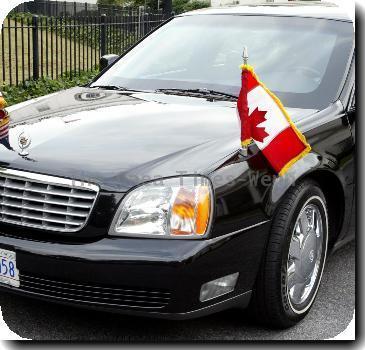Cash for Insulation? Obama spells out rebate program for making homes more energy efficient
By Darlene Superville, APTuesday, March 2, 2010
Obama spells out rebates for energy efficiency
SAVANNAH, Ga. — Sounding a familiar clean-energy theme, President Barack Obama on Tuesday announced details of a proposed energy rebate program he hopes will spur demand for insulation and water heaters — and jobs for hurting Americans.
Obama said the administration’s “HOMESTAR” program would reward people who buy energy-saving equipment with an on-the-spot rebate of $1,000 or more. He cast the idea as one that would save people money on utility bills, boost the economy and reduce American dependence on oil.
The plan would take the approval of Congress.
“When it comes to domestic policy, I have no more important job as president than seeing to it that every American that wants to work and is able to work can find a job,” Obama said at Savannah Technical College, in a state where the unemployment rate tops the national average of 9.7 percent.
“That was my focus last year and that is my focus this year,” he said, “to lay a foundation for economic growth that creates jobs.” He appeared in Georgia three days before the government releases the February unemployment report.
Speaking to the many people looking for jobs, Obama said he knows “it’s tough out there.”
The administration is hoping the energy rebate plan could become as popular as last year’s Cash for Clunkers money-back program for autos. Consumers would collect immediate rebates for buying insulation, water heaters or other equipment to make their homes burn energy more efficiently.
Various vendors, ranging from small, independent contractors to national home improvement chains, would promote the rebates, give the money to consumers and then be reimbursed by the federal government.
Some details of the program, including how long it will run and its total cost, remain to be worked out with Congress, administration officials said.
The price tag could be in the range of $6 billion.
Obama said the upfront costs would be worth it, just as homeowners must put money into their homes to improve them and save costs in the long term.
Appealing to Congress, Obama said: “I just hope Washington stands along side me in making sure we’ve got the kind of energy future that we need.” Congress has stalled several of Obama’s legislative efforts, including overhauling the health care system, addressing climate change and giving the government a bigger role in providing student loans.
Cash for Clunkers was a $3 billion program that ran for about a month last year, from July 27 to Aug. 25.
The latest proposal has two levels of rebates.
Under the first level of energy rebates, to be called Silver Star, consumers would be eligible for rebates between $1,000 and $1,500 for a variety of home upgrades, including adding insulation, sealing leaky ducts and replacing water heaters, HVAC units, windows, roofing and doors. There would be a maximum rebate of $3,000 per home.
Under the second level, Gold Star, consumers who get home energy audits and then make changes designed to reduce energy costs by at least 20 percent would be eligible for a $3,000 rebate. Additional rebates would be available for savings above 20 percent.
If the program is enacted, the administration expects millions of households will boost demand for insulation, water heaters and the like — the same way consumers pumped up car and truck sales last year by trading in their gas-guzzling autos with more fuel-efficient models.
Representatives of the construction and home improvement business sectors were invited to Obama’s speech.
Howard Feldman, co-owner of Coastal Green Building Solutions in neighboring Ridgeland, S.C., said he hoped an influx of business from homeowners seeking the rebates would allow his small company to bring work back to job-starved contractors his company hires to perform energy-efficiency upgrades.
Feldman said he also suspects the program would have a lasting effect after the government rebate program ends, when people who took advantage of it tell friends and neighbors about the money they save on utility bills.
Yet some viewed it differently.
Todd Odom of nearby Guyton, Ga., stood across the street from the college with a group of about 70 Obama supporters and protesters. Odom, a 42-year-old machinist, said the government’s already spending too much and “HOMESTAR” would be a wasteful giveaway.
“When is it my responsibility to pay to refurbish somebody’s kitchen?” Odom said. “I want the government to fight my wars, build my roads, house our prisoners and leave me alone.”
Before heading back to Washington, Obama visited two local businesses — a company that makes custom steel parts and a digital post-production studio that got started with help from some $2 million in loans from the Small Business Administration.
Associated Press writer Russ Bynum contributed to this report.
Tags: Barack Obama, Georgia, Government Programs, Materials, North America, Savannah, United States






